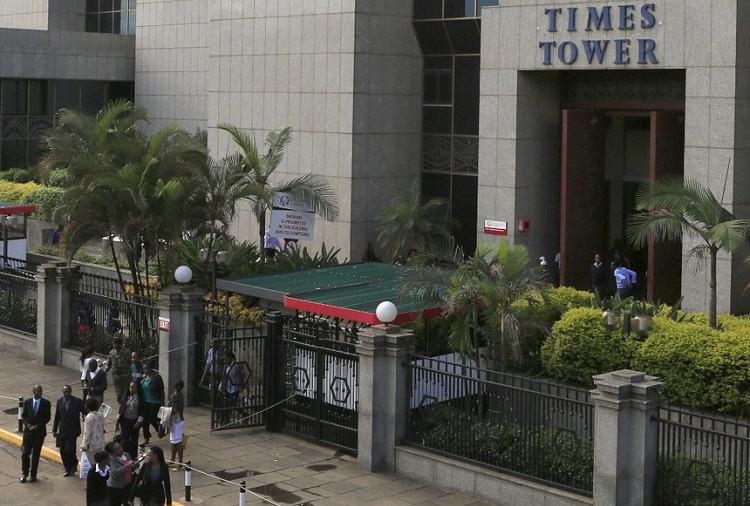The Kenya Revenue Authority (KRA) is turning out to be the number killer of businesses and investments in Kenya. KRA is that entity that would rather shoot the cow dead than wait for it to calf so that it can give milk. No future for new investors.
On Friday, March 3, 2021, the CEO and Founder of Keroche Breweries, Tabitha Karanja, issued a statement and literally broke down in tears as she narrated how KRA had shut down her factory because of the taxes she owed; about 300 million shillings.
She said she had alcohol worth 512 million shillings in the tanks. She was losing about 2 million shillings daily. And in 7 days, she was going to lay off about 250 employees because her business can no longer sustain them. She called on Uhuru to help.
“On 7th December 2022 KRA closed the factory and further issued agency notices to 36 Banks in Kenya. This completely collapsed all our business operations since we could neither produce sales nor access any financing from any of the banks to assist in settling the arrears,” said Keroche in a statement.
What kind of a fool will shut down a business for it to pay taxes? I thought businesses pay taxes by remaining operational? Why would you shut down a business, kill it then start demanding that it pays taxes? Does that even make sense?
What KRA is doing to businesses is like shooting dead someone who owes you money then starts demanding the same money from the corpse. Will the corpse pay? It doesn’t even make any sense in the land inhabited by only fools. Tears.
If business moguls like Tabitha Karanja are waiting like the rest of us, you can imagine what those in the SME sector are going through. KRA has killed dreams and butchered businesses. Every time they do, people lose jobs and families fall into abject poverty.
It is very difficult for any investor to set up a new business in Kenya. Take this for instance; it will require you to have at least 40 licenses in order to set up a yogurt plant in Kenya. It will also require you to have at least 17 licenses to run a simple food joint.
Which business can survive in such an environment?

